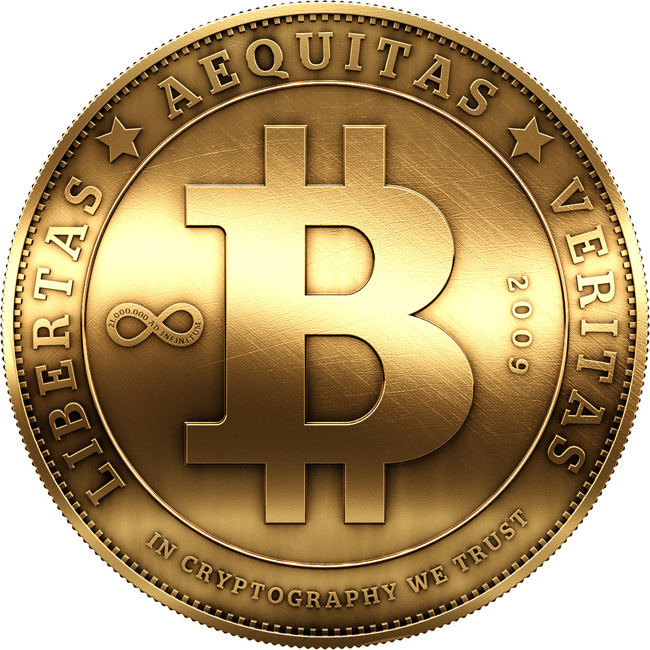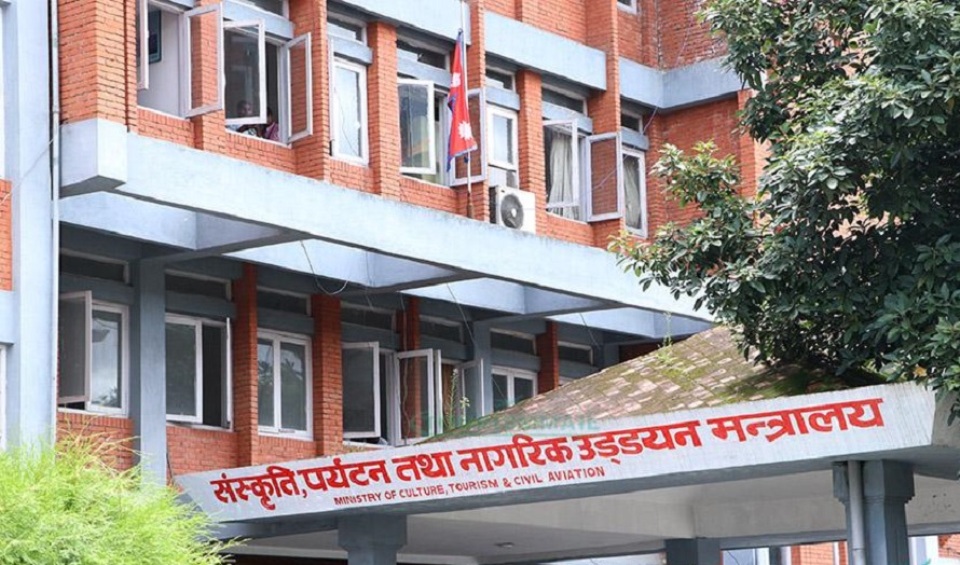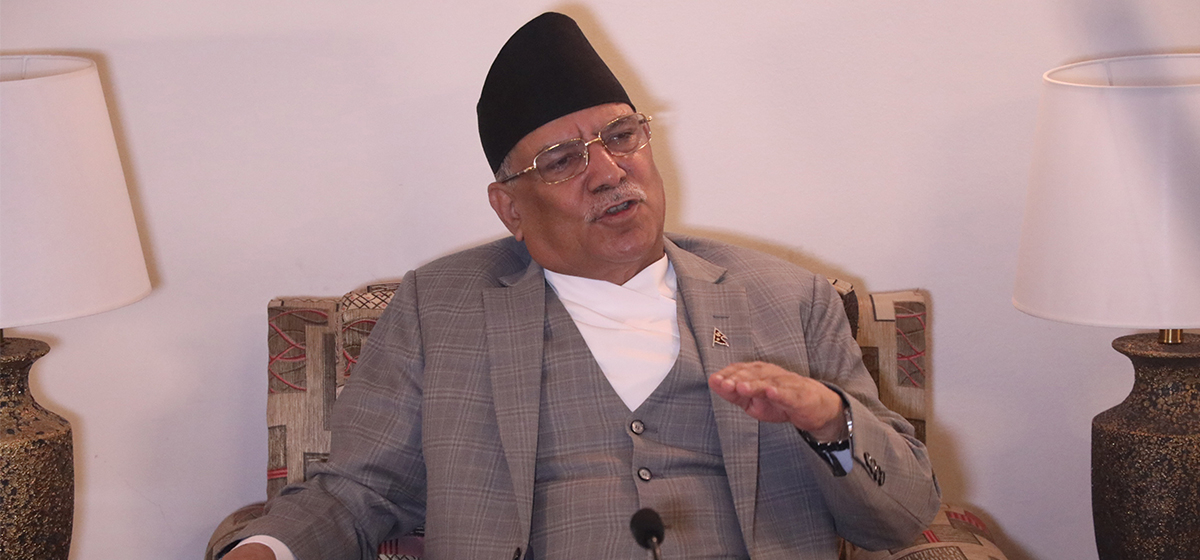
OR
According to Forbes magazine, bitcoin—the digital currency—will become a business vernacular in next few years. Big companies like Apple, Facebook, Mercedes, Telsa and Microsoft are already applying it in some of their products. Smaller companies are likely to follow suit. Many people already invest in it and more and more businesses are accepting the new money.
Unlike traditional currencies, bitcoin is a form of digital currency that is decentralized and not policed by any regulatory body. It is made from painstaking mathematical computations. In essence, they are strings of code with digital monetary value that can be used like conventional currencies such as Yuan, Dollar or Pound to transact electronically. After its stellar rise in 2009, its charm for online transactions has greatly increased.
Privacy and cheap transactions have made investment in bitcoin alluring. Bitcoin only charges concessional processing fees to expedite transactions in peer-to-peer lending without any involvement of intermediaries. Unlike the banks, bitcoin payments are made directly from one party to another and transactions are recorded in block chains. The peer-to-peer technology does not register any third party. Because of this, merchants can dodge administrative overheads, chargebacks and transact at low cost, thereby making it a lucrative investment.
Banks, as middlemen in transactions, have been amassing bounteous profits and globally they earn around US $1.7 trillion a year just by processing payments.
This crypto currency, which is also called digital gold, has seen a meteoric rise in its value in past few years. Convenience and increasing acceptance have jacked up its price in recent years.
People who invested in bitcoin in its early days have been receiving big returns. According to The Economist, $1000 invested in 2010 would currently be worth $36 million. As such, now, more people are showing an interest in it.

The growing global consensus against the use of cash has made bitcoin a safe investment. People these days fear abrupt monetary or fiscal changes, like the removal of high-denomination bank notes (as happened in India recently). Also, in a shaky economy, bitcoin could be a reliable buffer against financial collapse as it operates autonomously and free of regulation of the central bank or any other governing body.
But there are risks of investing in bitcoin as well. One of the big concerns is its possible use by criminals, money-launders, tax evaders, hackers and corrupt politicians. In early 2016, 120,000 units of bitcoin worth $78 million were siphoned from a crypto-currency exchange in Hong Kong. In 2013, FBI seized bitcoin worth $28 million from the digital ‘Silk Road’—the illegal online black market used to buy and sell drugs and weapons. This has made investment in bitcoin worrisome. But because of its rapid global acceptance western governments want bitcoin to come out of the shadows.
Asian countries right now have comparable tighter regulations on bitcoin. So when China discouraged the use of bitcoin, it led to a fall in its price around the world. Its value also took a hit following India’s demonetization when the Indian government chose to crack down on bitcoin. Important global events like these have sometimes lowered demand and forced the price down. According to The Wall Street Journal, bitcoins are thus 7.5 times as volatile as gold.
So what are its prospects and possible risks for Nepal? This year’s budget has decided to control bitcoin use. But few Nepalis seem aware about it and have enthusiastically invested in this new money, not because they are aware about the possible returns and risks but because current trend in our country is to invest on real estate or shares in the primary market.
But since Indian and Chinese businesses have been reluctant to accept bitcoin, Nepali investors too are wary of it. But sooner or later this technology, just like any other useful technology, is bound to catch on here as well. As such, we cannot rule out the popularity of bitcoin in Nepal too.
The value of one bitcoin is around Rs 270,000 at present. Given the puny size of our economy anyone thinking of breaking their piggy banks to invest in bitcoins would be taking a big gamble. Splashing cash on bitcoin in a place with a small, underdeveloped and uncertain financial market would be more a luxury than a thoughtful decision.
The author is an alumnus of Henan University of Technology (HAUT), China.
You May Like This

Souls of My City: My precious
“My children are precious for me and I’d give up my life’s earnings to fulfill their needs. My 11-year-old daughter... Read More...

Live your life! You are precious!
Learning is a continuous process. We learn from everything and everyone. But in this race of learning, we forget to... Read More...

Yarcha traders to be escorted to China border for sale of the precious medicinal herbs
DOLPA, Aug 2: Preparations are underway to transport yarchagumba (Cordyceps Sinensis) collected by local people to China for sale under... Read More...

Just In
- Dr Ram Kantha Makaju Shrestha: A visionary leader transforming healthcare in Nepal
- Let us present practical projects, not 'wish list': PM Dahal
- President Paudel requests Emir of Qatar to initiate release of Bipin Joshi
- Emir of Qatar and President Paudel hold discussions at Sheetal Niwas
- Devi Khadka: The champion of sexual violence victims
- Nagarik Nayak Felicitation (Live)
- Qatar Emir in Kathmandu, President and Prime Minister welcome Emir at TIA (In Photos)
- NRM Director Gyawali inaugurates Nagarik Nayak 2081











_20240423174443.jpg)





Leave A Comment